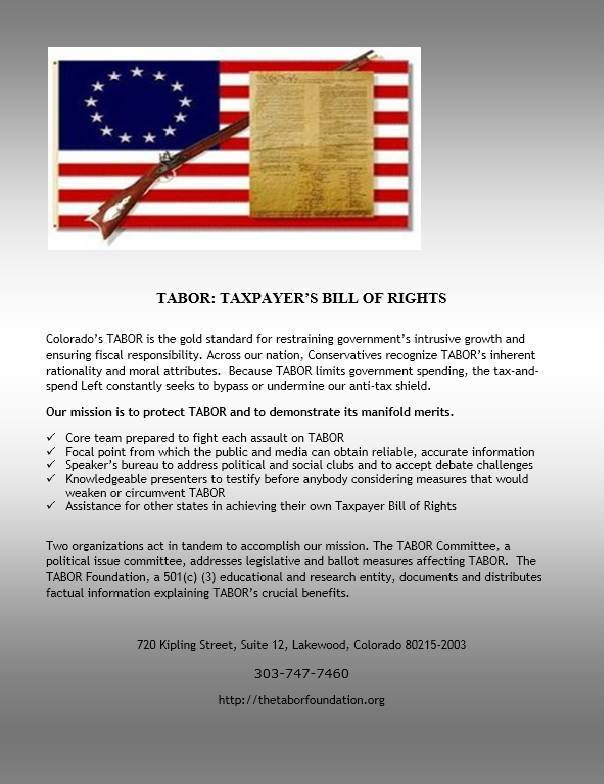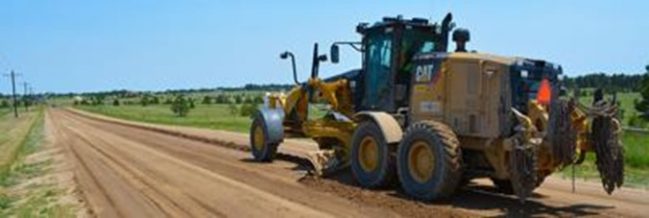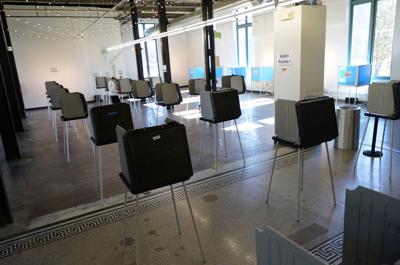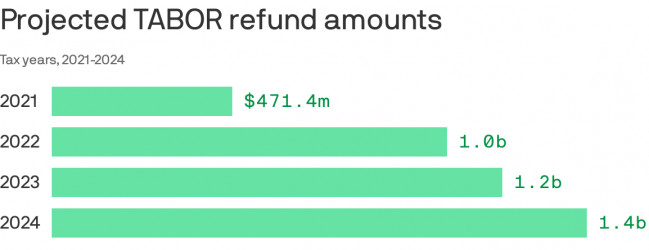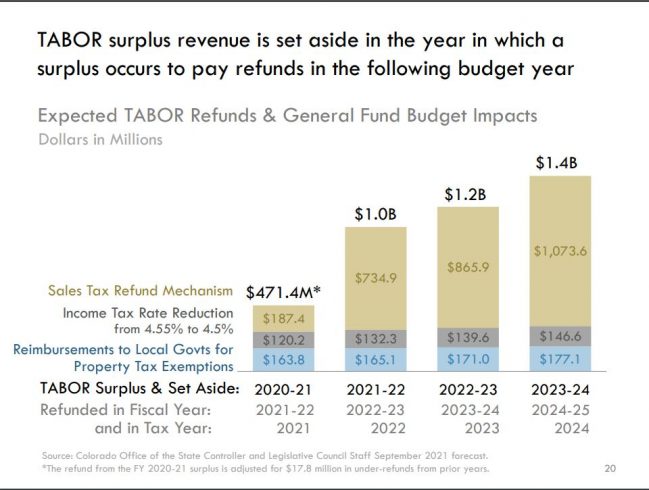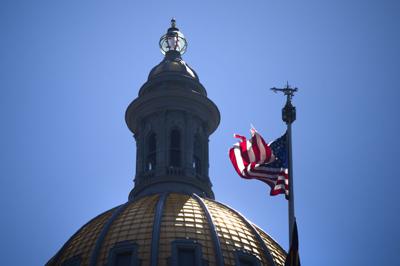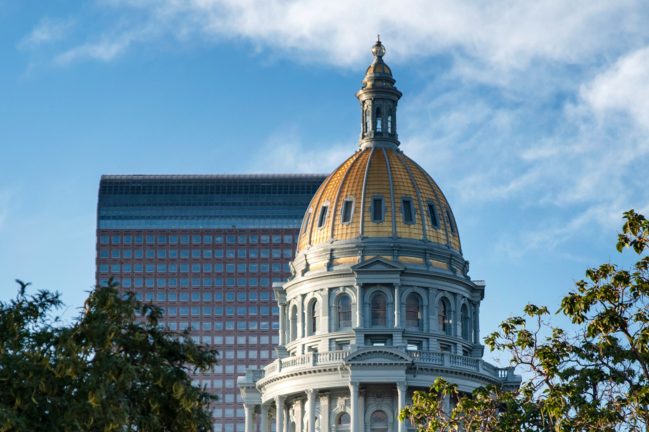The TABOR Committee urges a YES vote on Amendment 78, “Legislative Authority for Spending State Money”
This constitutional amendment respects the separation of powers by putting the General Assembly into the process of appropriating revenues received by the state government. As the system works now, only the Executive branch (Governor and his appointed agencies) determine how federal grants, like COVID relief funds or money from legal settlements, are spent.
The legislative process allows for public comment and input, which is absent under the current system. Passage of this measure would put that process in place, respecting an intent of the Taxpayer’s Bill of Rights. The TABOR Committee is also alarmed that so much power is currently in the hands of one person, which violates one of the founding principles of American governance. Some concern exists that taxes currently counted toward the TABOR annual limitation will be made exempt, but the Committee was unable to identify any. Therefore we endorse the proposed measure for respecting the proper separation of powers.
